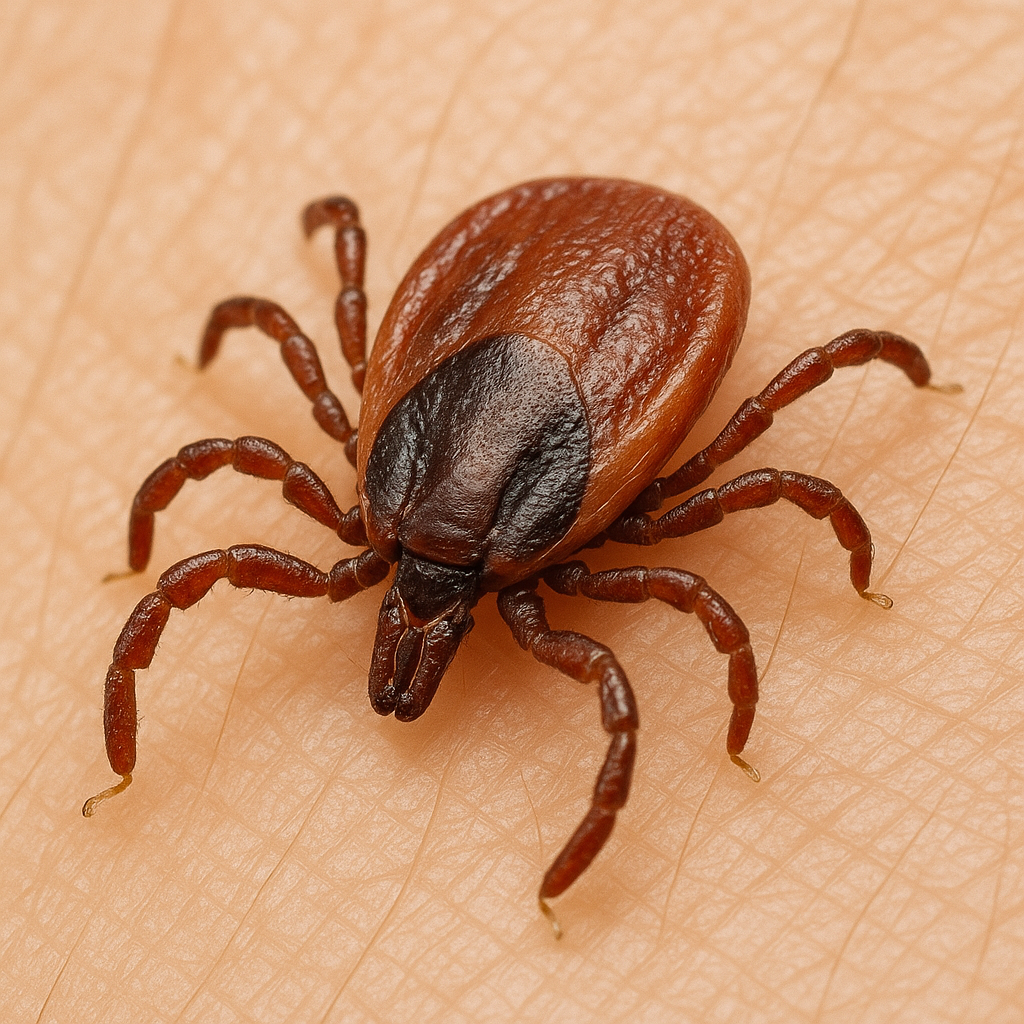Tick-Borne Disease Co-Infections & Mental health
50%
of chronic
Lyme patients
report co-infections
30%
report two
or more
co-infections
”>5″
different pathogens
can be carried
by one tick
– Lyme disease increases risk of suicidal behavior in population studies.
– Neuroborreliosis may not increase long-term psychiatric morbidity but raises short-term medication use.
– Post-treatment Lyme patients report high rates of suicidal ideation.
– Co-infections (esp. Bartonella, Babesia) linked to severe psychiatric cases including suicidality.

Post-Treatment Lyme (PTLS) & Suicidality
Psychosomatics 2018:
“Nineteen-point-eight percent (19.8%) of patients with PTLS reported suicidal ideation, compared to 4.5% in non-patient controls.”
“Suicidal ideation clustered among those with moderate to severe depression.”
Neuroborreliosis (LNB) & Psychiatric Morbidity
JAMA Psychiatry 2020/2021:
“There was no significant increase in long-term risk of psychiatric hospital contact among patients with LNB.”
“However, prescriptions for antidepressants, anxiolytics, and hypnotics were significantly more common in the first year after diagnosis.”
Large Cohort (Lyme & Suicide Risk)
Danish Nationwide Cohort, AJP 2021:
“Individuals with Lyme borreliosis had higher rates of any mental disorder (IRR=1.28), affective disorders (IRR=1.42), suicide attempts (IRR=2.01), and death by suicide (IRR=1.75) than the general population.”
“Risk was highest in the first six months for mental disorders and within three years for suicidal behavior.”
Reviews & Mechanistic Insights
Fallon & Levin, 2017 (Review):
“Suicidal behavior has been reported in patients with Lyme disease and associated co-infections. Mechanisms may involve neuroinflammation, immune dysregulation, and psychosocial stressors.”
Antibiotics, 2023 (Review):
“Neuropsychiatric symptoms in Lyme and co-infections include depression, anxiety, panic attacks, and suicidality, underscoring the importance of psychiatric screening in affected patients.”
Co-Infections: Bartonella & Babesie
Parasites & Vectors, 2024 (case series):
“In an adult patient with Bartonella and Babesia odocoilei co-infection, discontinuation of antibiotics was followed by recurrence of depression, anxiety, and suicidal ideation.”
“In a pediatric family member, the infection was associated with suicidal and homicidal thoughts, auditory hallucinations, and a suicide attempt.”
